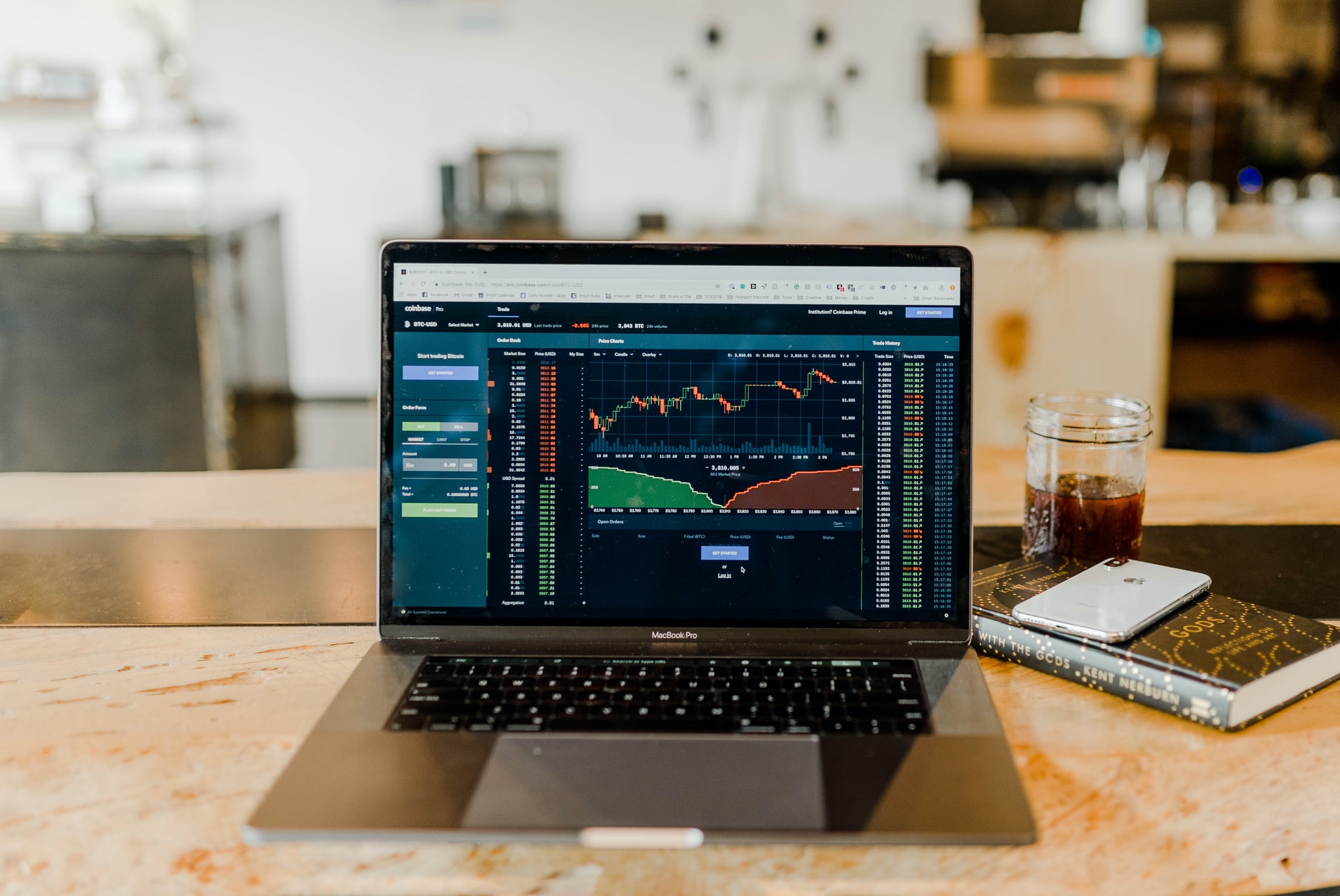Should You Invest Lump Sums or Small Amounts?
If you want any chance of turning the extra cash you have in your wallet into a small fortune, you’ll usually need to do a lot more than just place your finances into a savings account. While it’s generally a good idea to have some emergency savings on-hand to help you in the case of an unexpected expense, you should also be thinking about your options in terms of investment. Investing does mean putting your finances at risk (to some extent), but it’s also the best way to make sure you put your cash to work for you.
Author:Liam EvansReviewer:Habiba AshtonFeb 22, 202231.5K Shares583.5K Views

If you want any chance of turning the extra cash you have in your wallet into a small fortune, you’ll usually need to do a lot more than just place your finances into a savings account. While it’s generally a good idea to have some emergency savings on-hand to help you in the case of an unexpected expense, you should also be thinking about your options in terms of investment. Investing does mean putting your finances at risk (to some extent), but it’s also the best way to make sure you put your cash to work for you.
Over time, the right investments can grow your wealth portfolioand give you extra money to tap into in the long term. The question is, how do you know how much you should be investing? Is it best to put regular savings into your investments, or lump sums?
Creating A Strategy For Investing
Take the time to evaluate some of your investing opportunities in today’s modern world, and you’ll discover there’s no shortage of options. If you want to get involved on the ground floor with some new securities and stocks, you can look to penny stocksas a fast-paced but volatile environment. Make sure you read up on the basics of penny shares before you get started though, as they can be somewhat risky for beginners.
If you’re looking to diversify your assets outside of the stocks and shares landscape, you can explore things like Forex trading, or even cryptocurrency. Whichever route you go down, you’ll need to work with brokers and investing companies to purchase your assets and securities. The broker or company you work with will generally dictate how much you need to spend with each investment.
Some more modern applications and websites allow you to put small amounts of money into your portfolio on a regular basis. You can even buy shares and stocks one individual asset at a time. Others will require you to make large investments with a minimum cap every time you want to buy something. This can make it harder to spend your money whenever you feel like it.
Diving Into Investing
Where possible, it’s usually a good idea to start investingas quickly as possible. This means you don’t wait to build up a huge amount of money before you start spending on stocks and shares. Instead, you begin putting cash into your portfolio fast, and as a result, gain more compound interest and growth over time.
Although it’s fine to put a lamp sum into your portfolio at once if you happen across some cash unexpectedly, you generally don’t need to wait around to do this unless you have a minimum cap on how much your broker allows you to invest. When it comes to knowing when and how much to invest, remember that you can get involved in the market for a lot less today than was once possible. Additionally, most experts agree the best time to get started with stocks, shares, and assets, is yesterday, the second-best time is today.

Liam Evans
Author

Habiba Ashton
Reviewer
Latest Articles
Popular Articles